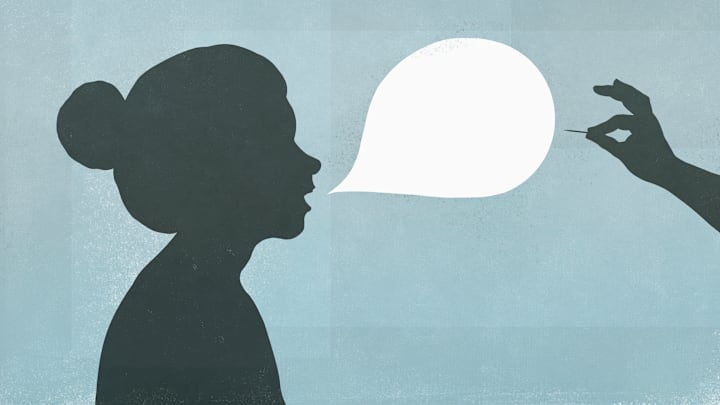How do you pronounce the word mischievous? If you think it’s “miss-CHEE-vee-uss,” take another gander at the spelling: There’s no i after the v. It’s “MISS-chuh-vuss.” But “miss-CHEE-vee-uss” is such a widespread pronunciation that it’s listed in Merriam-Webster’s entry for the word—though it is labeled “nonstandard.”
Why it’s so widespread is a mystery; maybe people are influenced by devious, which does sort of evoke mischief. Or maybe they’re just … being mischievous.
There’s no shame in mispronouncing a word; it’s basically impossible to go through your whole life without doing it. And plenty of words get botched so often that the mistake—like “MISS-chee-vee-uss”—is eventually accepted as a valid variant. So on the latest episode of The List Show, Mental Floss editor-in-chief and host Erin McCarthy is covering some of the English language’s standout mispronunciations, from “VICK-shoo-uhls” to “BOAT-swain”—and in some cases, why we pronounce the words way.
Take February, for example. We say “FEB-yoo-air-ee,” not “FEB-roo-air-ee,” and we have some Latin superfans to thank for that. In the 16th and 17th centuries, scholars altered a bunch of words to look more like their Latin predecessors. English speakers first used feverere, or feverell (“fev-er-ELL”), from the French feverier (“fev-air-ee-AY”). But the original Latin was Februarius (“feb-roo-ARE-ee-us”). So another r got added, but we drew the line at actually saying it.
Watch the full episode above, and don’t forget to subscribe to Mental Floss for new videos every week.
Discover More Fascinating Stories About Words and Language:
